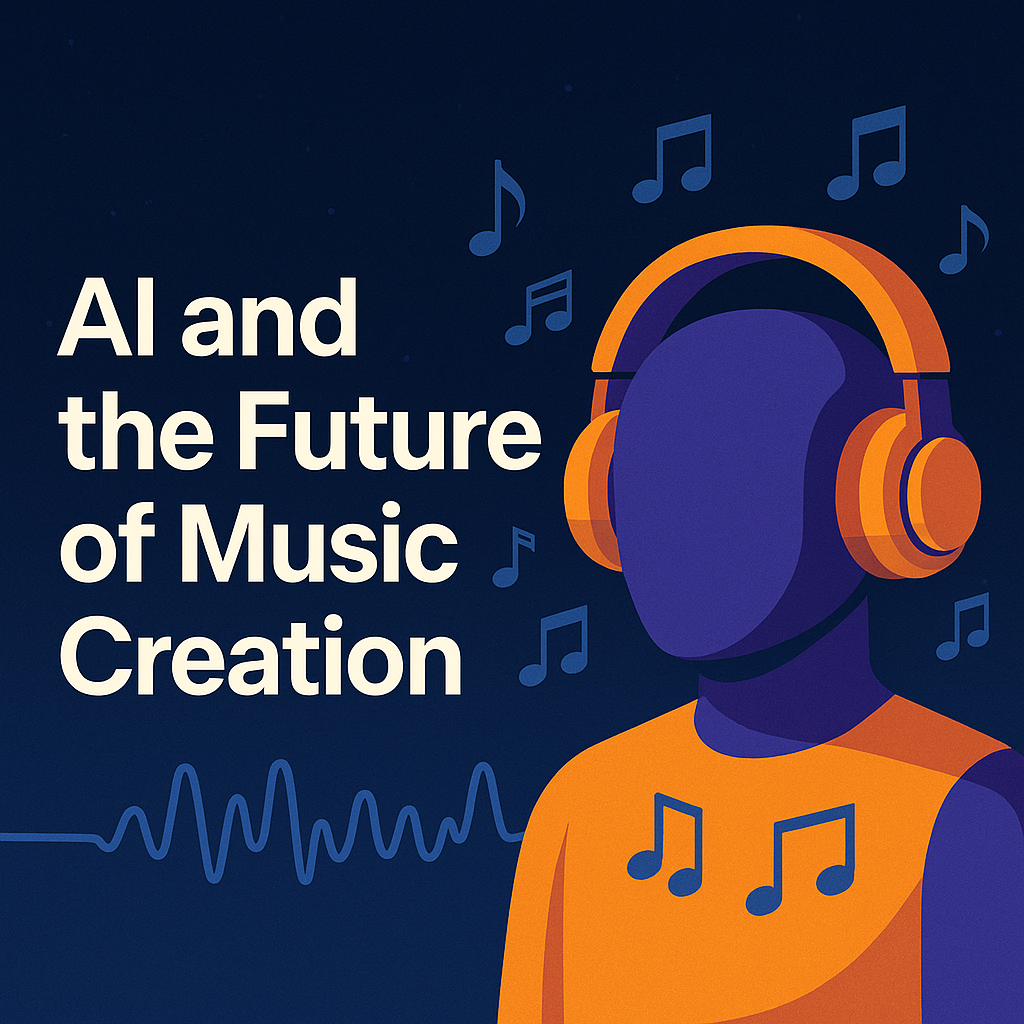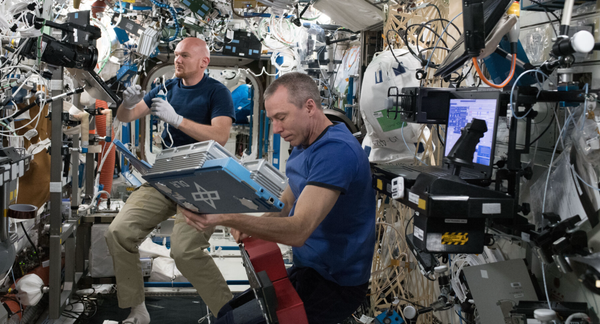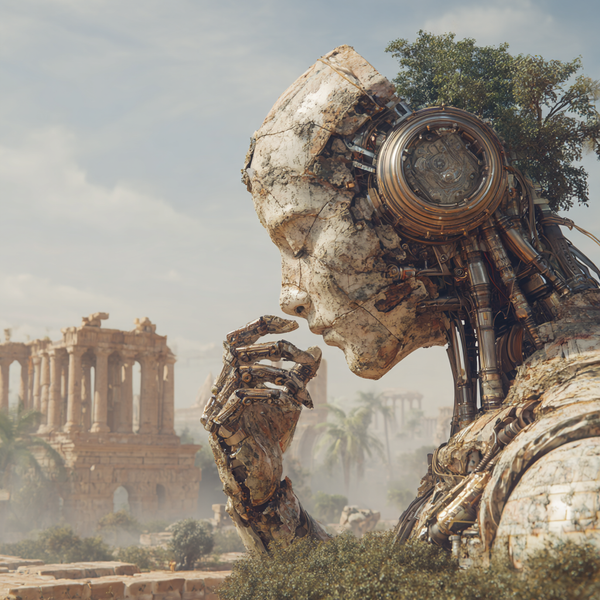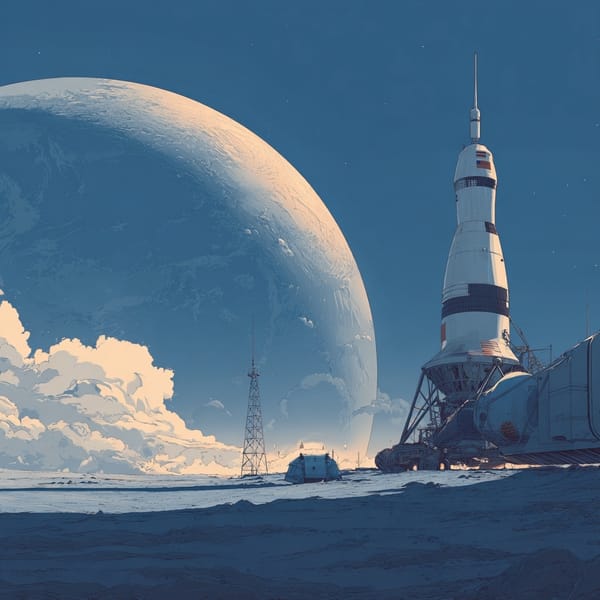AI and the Future of Music Creation

Music has always reflected human emotion and creativity. Yet the tools of composition are changing, and artificial intelligence is becoming one of the most powerful collaborators in modern sound. Instead of replacing artists, AI is reshaping how melodies are imagined, produced, and shared, bringing experimentation and accessibility to a level never seen before.
At its core, AI music creation works through pattern recognition. Models trained on thousands of compositions learn the statistical relationships between rhythm, harmony, and structure. When prompted, they generate entirely new pieces that follow similar patterns but remain unique. Systems like OpenAI’s MuseNet or Google’s MusicLM can compose symphonies, jazz improvisations, or electronic beats in seconds, adjusting style and tempo with simple commands.
What makes AI in music transformative is its ability to blend creativity with precision. Musicians can use it as a sketching partner, generating harmonic ideas or chord progressions that break creative blocks. Producers integrate AI tools for mastering, sound design, and mixing, automating repetitive tasks while retaining control over artistic choices. Even live performers are experimenting with generative models that respond to the energy of the audience, creating music that evolves in real time.
AI also opens doors for people without formal training. Anyone with a voice or an idea can collaborate with machine learning systems that assist in melody generation, arrangement, or lyric composition. This democratization of creation means that music is no longer limited by technical expertise — inspiration is enough to begin.
Beyond creation, AI is transforming music analysis and restoration. Algorithms can separate instrument tracks from old recordings, reconstruct damaged audio, or match rare performances to their composers. Streaming platforms use AI to understand taste and recommend new songs with uncanny accuracy, helping niche genres find audiences around the world.
The artistic debate continues: can something made by a machine be truly expressive? Perhaps the answer lies not in competition but in collaboration. The best AI-generated music still depends on human direction — a fusion of emotional intent and computational exploration.
Music has always evolved with technology, from the piano to the synthesizer. Artificial intelligence is simply the next instrument. It listens, learns, and plays back not just what we have composed, but what we might imagine next.
References
https://www.nature.com/articles/d41586-023-02053-8
https://arxiv.org/abs/2301.11325
https://www.science.org/doi/10.1126/sciadv.ade9207




